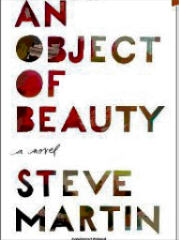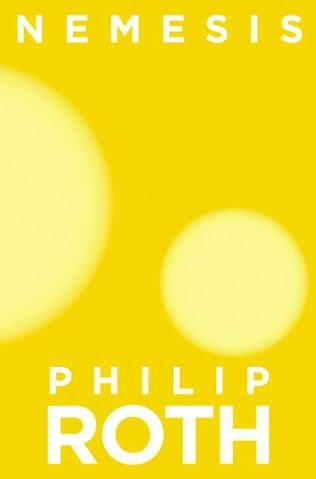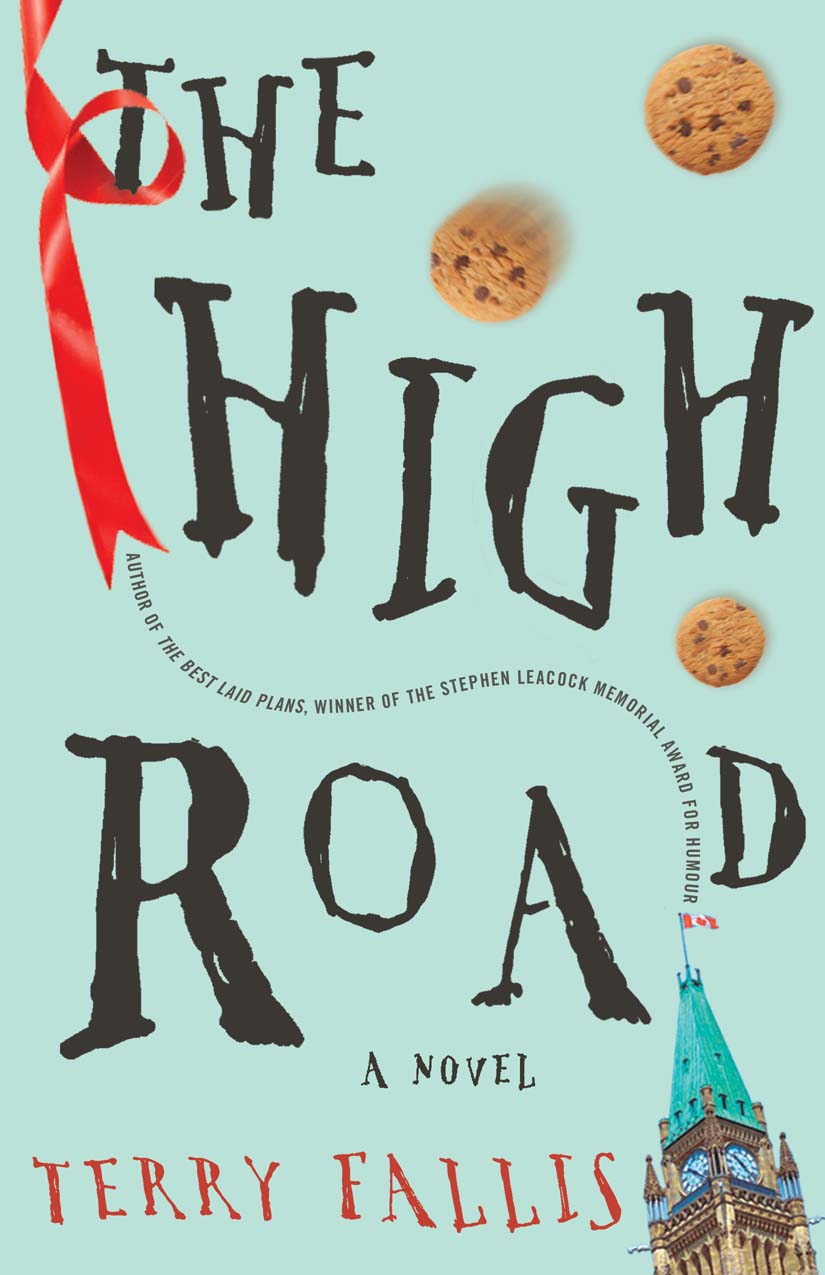The holidays are almost over. And one of the things I enjoy the most is the extra time I have to enjoy a novel or two. The best fiction of course, like the best of anything, is subjective. It creates a world that speaks to you on a personal level and feels funny, ironic, enticing, romantic, dark, tragic – and often more real than the one we’re living in. For me, it’s like a quiet, reflective journey that I don’t want to end – at least if the book is good!
I’ve recently read three books like that; all of which made me want to write fiction again. Now in case you’re wondering, that’s still just a faraway idea (dream?) and it’s not going to happen on this blog…
Here they are (in the order which I finished them):
1. The High Road by Terry Fallis – OK, I read this before the holidays… Terry, one of my former podcasting partners, follows his award-winning first novel, The Best Laid Plans, with another satire of the inner workings of Canadian politics. It’s a wise and witty tale about a candid candidate who’s never afraid to tell it as he sees it and his rag-tag communications team who won’t stoop to mudslinging yet still manage to run an entertaining campaign. It’s a great read for any Canadian who votes.
 2. An Object of Beauty by Steve Martin – Who wouldn’t want Steve Martin’s career – ‘wild and crazy’ stand-up, movie star, screenwriter, playwright and now – sharply-observant novelist? His latest book takes us into the late 20th/early 21st century art dealer/collector scene. The protagonist, an intelligent young woman determined to succeed, is ambition personified. Yet despite her self-absorbed edge, she’s a real charmer with a killer sense of humour. The world Martin paints is rich in texture and nuance; filled with colourful characters. And reading this, you get a contemporary art lesson to boot.
2. An Object of Beauty by Steve Martin – Who wouldn’t want Steve Martin’s career – ‘wild and crazy’ stand-up, movie star, screenwriter, playwright and now – sharply-observant novelist? His latest book takes us into the late 20th/early 21st century art dealer/collector scene. The protagonist, an intelligent young woman determined to succeed, is ambition personified. Yet despite her self-absorbed edge, she’s a real charmer with a killer sense of humour. The world Martin paints is rich in texture and nuance; filled with colourful characters. And reading this, you get a contemporary art lesson to boot.
 3. Nemesis by Philip Roth – Roth has been one of my favourite authors for years. There are few things I look forward to more than a Roth novel and I’m never disappointed. In his latest, he uses a New Jersey polio epidemic during WWII as the backdrop with which to examine a life paralysed. The main character, a strong, athletic, young man, is afflicted by a misplaced sense of responsibility and cannot help but blame himself for the spread of the random, senseless disease. It’s a dark, disturbing reflection on our precarious expectations are and how so many things that befall us are simply beyond our control and grasp.
3. Nemesis by Philip Roth – Roth has been one of my favourite authors for years. There are few things I look forward to more than a Roth novel and I’m never disappointed. In his latest, he uses a New Jersey polio epidemic during WWII as the backdrop with which to examine a life paralysed. The main character, a strong, athletic, young man, is afflicted by a misplaced sense of responsibility and cannot help but blame himself for the spread of the random, senseless disease. It’s a dark, disturbing reflection on our precarious expectations are and how so many things that befall us are simply beyond our control and grasp.
Let me know what you think of these books and if you have any other suggestions – January can be a long and dark month…
Happy New Year and all the best in 2011!


Great reviews Martin, thanks. Because, as you say, January can be long and dark, I annually re-read Laura Ingalls Wilder’s The Long Winter. It is not sophisticated literature but I always feel better (and warmer) after this accounting of 7 months of blizzards with no insulation and next to no food.
Thanks Helen! I like the idea of re-reading certain books – there’s a real comfort, like visiting with an old friend.